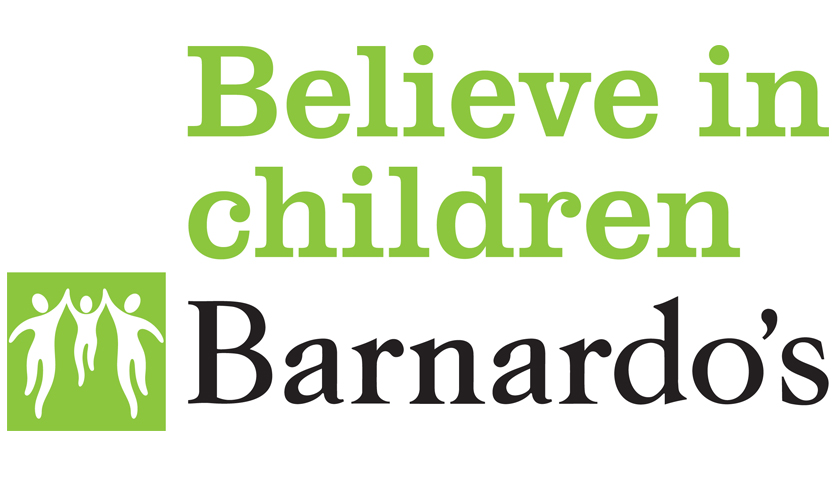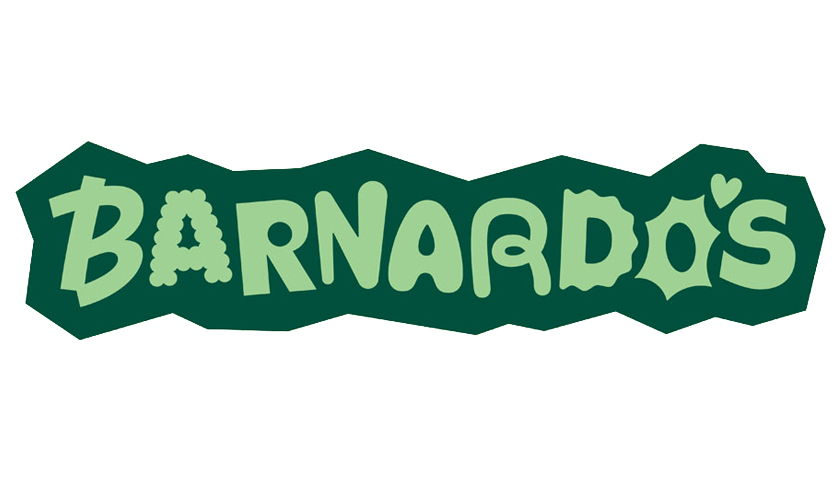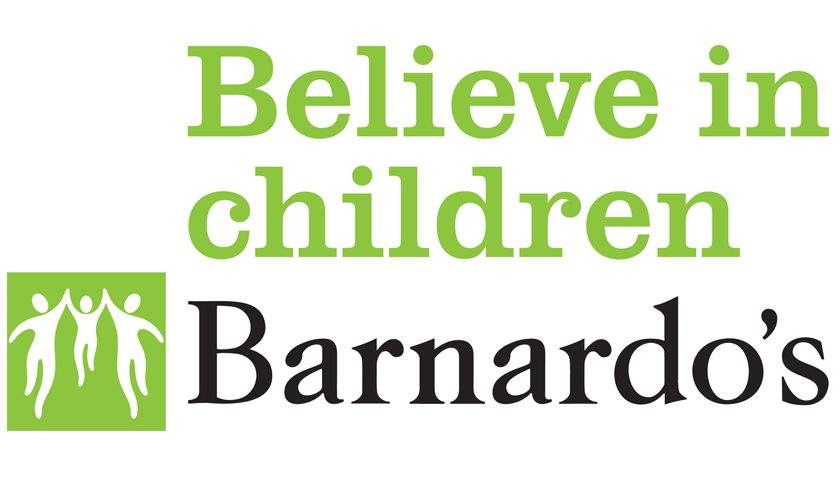Ninety per cent of parents online have concerns about their young children using Facebook’s new Messenger Kids service and more than half (51%) would not currently let their child use it, according to an online survey for Barnardo’s.
The app, which is aimed at children under the age of 13, has been the subject of controversy in America where it is being trialled. Almost 100 US child health experts recently wrote to Facebook chief executive Mark Zuckerberg to raise concerns about its potential risks to children and calling for its withdrawal.
Ahead of its anticipated launch in the UK, an online survey of 1,000 parents by YouGov for the country’s largest children’s charity has revealed similar anxieties.
More than half (52%) expressed concern that the app’s security features would not be strict enough to protect their children while they were online and 61% said they were worried that strangers could pose as their children’s friends. Over half (51%) said they were concerned that children could use it to share inappropriate or explicit images.
Barely one in 20 (6%)* said they had no specific concerns about the app, which allows children as young as six to communicate via a tablet or smartphone either in groups or on one-to-one video calls and send text messages and pictures.
The findings come as Barnardo’s launches an urgent appeal to help fund its services across the UK that support children and young people who have been sexually exploited.
Those services reported a 38% rise in referrals last year and research by the charity shows many children who are groomed online are later sexually abused or exploited in the real world.
Questioning the need for an app aimed at such young children and the safeguards put in place by Facebook to protect youngsters, Barnardo’s chief executive Javed Khan said:
“It is clear that parents have concerns about Facebook Messenger Kids. While the internet provides amazing opportunities, it can also be a place of danger and too many children are groomed and abused online.
Barnardo’s is not yet convinced by Facebook’s assertion that controls for the messaging app are stringent. Not all parents will feel confident managing their children’s accounts and we understand how hard it can be to spot whether a profile is genuine or a potential danger.
We are particularly concerned that actively encouraging young children to form virtual friendships makes them more susceptible to grooming and exploitation. Our specialist services see first-hand the harm caused to children who have been groomed online and sexually abused.
As our survey shows, parents are unconvinced that there is a need for Messenger Kids, and we urge industry to listen to them.”
The survey found that 21% of parents did not feel confident enough or have sufficient knowledge of the technology to keep their children safe when they are using the app.
While 43% thought it better for their children to use apps like Messenger Kids rather than adult versions, more than half (57%) had concerns their children might be bullied while using Facebook Messenger Kids, 56% were worried the app could be hacked and 44% were anxious about their children’s data being insecure.
Barnardo’s appeal is seeking funds to provide practical help to girls and boys as young as 10 who are referred to the charity for support through its child sexual exploitation services.
They include Maisie, a girl with learning difficulties who finds it hard to understand risk. She was chatting online with three men for around three months before she met her 32-year-old abuser in person and was raped.
Explaining the effect of the grooming on the youngster, Maisie’s Barnardo’s support worker said: “She didn’t see it as rape, she saw it as consensual sex. She felt that she was in a relationship with him, she thought he loved and cared for her.
Through our work, she’s now able to see clearly that it wasn’t a positive relationship, it was an abusive one. She now has a good understanding of consent and is able to understand that it wasn’t consensual. She now realises she was raped.”


